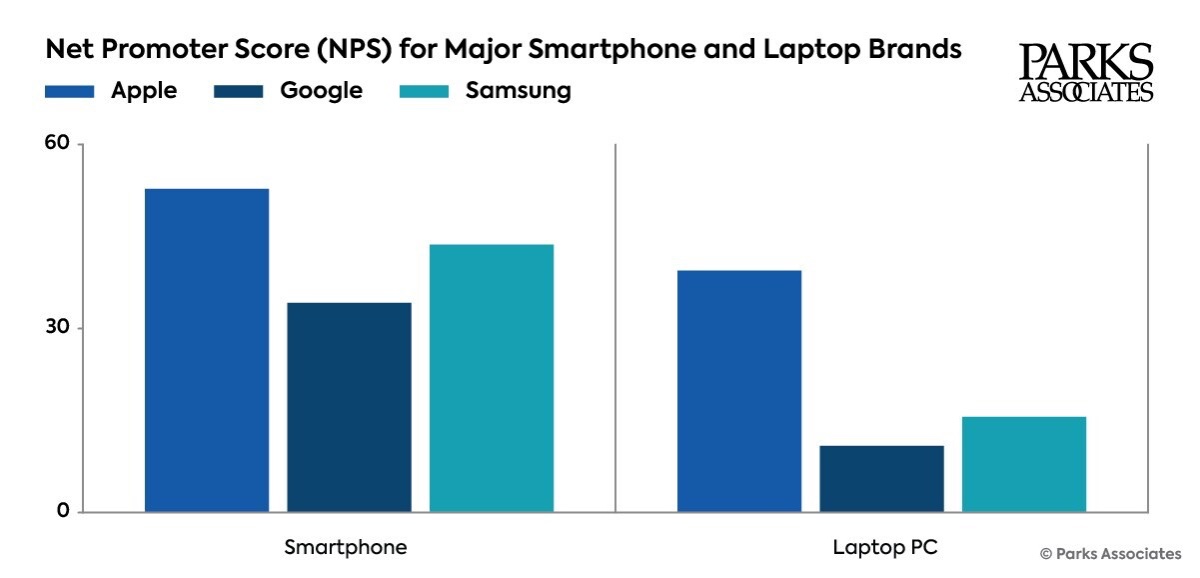- Research
- Smart Home: Products And Services
- Consumer Electronics And Entertainment
- Broadband And Mobility
- Connected Health And Wellness
- MDU / Multifamily
- SMB
- Strategic Consulting Unit
- Research Services
- Primary Research
- Events
- Event
- Company
- About Parks Associates
- Smart Home: Products And Services
- Smart Home Devices, Automation, Controls
- Energy Management
- Residential Security
- Consumer Electronics And Entertainment
- Consumer Electronics Devices
- Video Services: OTT, Pay TV
- Entertainment Content: Video, Audio, Gaming



